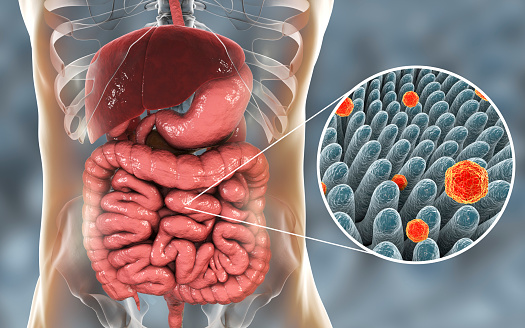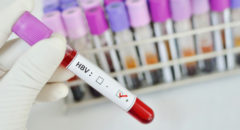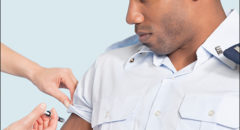
Hepatitis A, the highly contagious liver infection caused by the hepatitis A virus may be closer than you think.
Candy sold by a Kentucky company and QVC is being voluntarily recalled for fear that it might be contaminated with hepatitis A, according to a U.S. Food and Drug (FDA) recall notice.
Bauer’s Candies' famous Modjeskas, individually-wrapped marshmallow candies dipped in chocolate or caramel, came in contact with a facility worker who tested positive for the contagious liver disease. Customers who purchased the gourmet candies after Nov. 14 should throw the candies away, according to the FDA.
The employee who tested positive for the virus worked at the company until Nov. 23. Anna Bauer, president of Bauer’s Candies, said in a statement that the company voluntarily discarded all in-house candy, sanitized equipment and began working with federal state agencies after learning of the possible contamination. She said no candy products made after Nov. 25 were affected.
The FDA says the risk of contracting hepatitis from the candies is low, but advises customers who ate the recalled candy contact their doctor to see if they need medication to prevent a possible infection.
The Hepatitis A virus is one of several types of hepatitis viruses that cause inflammation and affect your liver's ability to function.

Signs and symptoms of the virus typically don't appear until you've had the virus for a few weeks. But not everyone with hepatitis A develops them. If you do, hepatitis signs and symptoms can include:
- Fatigue
- Sudden nausea and vomiting
- Abdominal pain or discomfort, especially on the upper right side beneath your lower ribs (by your liver)
- Clay-colored bowel movements
- Loss of appetite
- Low-grade fever
- Dark urine
- Joint pain
- Yellowing of the skin and the whites of your eyes (jaundice)
- Intense itching
These symptoms may be relatively mild and go away in a few weeks. Sometimes, however, hepatitis A infection results in a severe illness that lasts several months.
So when should you see a doctor?
Make an appointment with your doctor if you have...
... signs or symptoms of hepatitis A.
Getting a hepatitis A vaccine or an injection of immunoglobulin (an antibody) within two weeks of exposure to hepatitis A may protect you from infection. Ask your doctor or your local health department about receiving the hepatitis A vaccine if:
You've traveled out of the country recently, particularly to Mexico or South or Central America, or to areas with poor sanitation
A restaurant where you recently ate reports a hepatitis A outbreak
Someone close to you, such as a roommate or caregiver, is diagnosed with hepatitis A
You recently had sexual contact with someone who has hepatitis A








